Dental Post-Operative Instructions Virginia Beach
Ensuring Your Smile Has a Very Bright Future

No matter what type of procedure you’re undergoing here at our Virginia Beach dental office, more than likely, there will be a few considerations you’ll need to keep in mind after your appointment, in order to ensure that your results continue to look and feel correct for many years to come. Dr. Morgan knows that you want your smile to remain in great shape, so she’ll be sure to share everything you need to know about. Here’s a brief overview of a few of the crucial things you should keep in your thoughts:
Dental Bridges, Crowns, Inlays, or Onlays
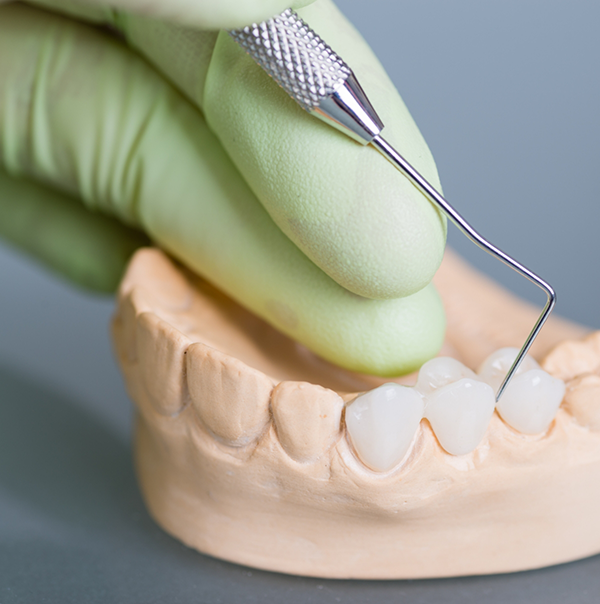
- You will wear temporary restorations until your permanent restoration is made.
- If your temporary falls off or breaks, save the pieces and call our office. Do not bite your lips, cheeks, or scrape your gums. Children should be watched carefully to make sure they don’t do this. It will damage soft tissues and result in pain.
- Sensitivity to cold and heat, as well as any soreness, should go away in a few days.
- Brush gently and floss carefully for the first few days.
Deep Teeth Cleaning

- Sensitivity to cold and heat will subside.
- Do not chew or eat until numbness subsides.
- Brush and floss as usual. Your gums may bleed a bit for a few days.
Denture Delivery
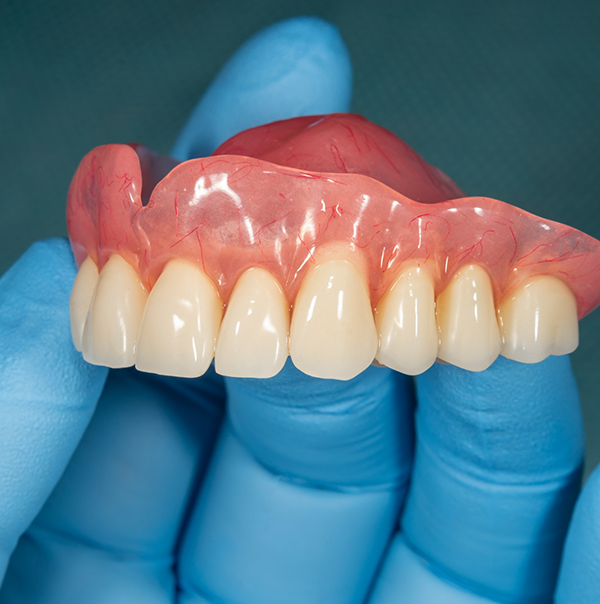
- It is normal to experience some discomfort and speech problems while getting used to your new dentures. New dentures need several adjustments to fit comfortably. To help with speech, read aloud for a few minutes every day. Your mouth will adjust, and your speech will improve.
- Remove your dentures every night to allow your gums to rest. Keep the denture in a container of water or denture cleaner.
- Thoroughly brush your dentures with water before wearing them.
Tooth Extractions
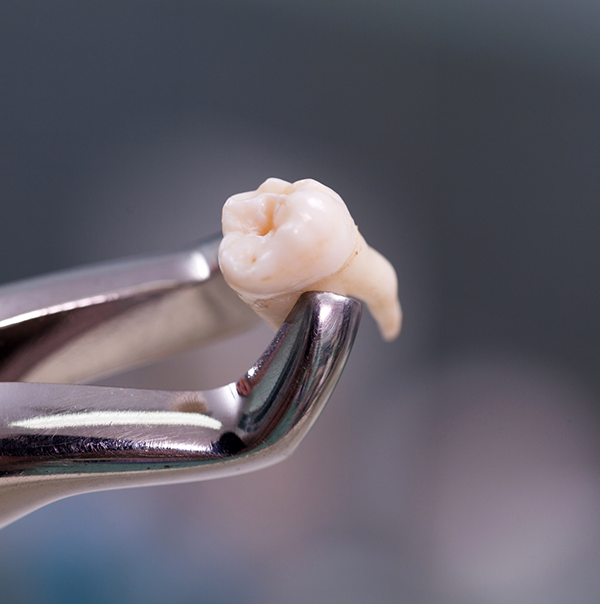
- For an hour after surgery, you should place pressure on the gauze pad covering the extraction site. If bleeding continues, apply new gauze and pressure for an additional 45 minutes.
- After surgery, place a cold compress on your face near the extraction site for 10 minutes. Remove for 5 minutes. Repeat.
- Do not eat or drink hot foods and beverages after surgery.
- Do not rinse your mouth.
- Do not use a straw.
- Do not spit.
- Do not drink carbonated beverages.
- Do not brush your teeth on the day of the surgery. Then resume normal home care, gently brushing and flossing.
- Bruising, swelling, and pain are normal – particularly if you have had a wisdom tooth extraction. Take your prescribed medication and use a cold compress on your face.
- Plan to eat soft foods, such as soups, milkshakes, fruit juice, and yogurt, for 2-3 days.
- Do not bite your lips, cheeks, or scrape your gums. Children should be watched carefully to make sure they don’t do this. It will damage soft tissues and result in pain.
Tooth-Colored Fillings
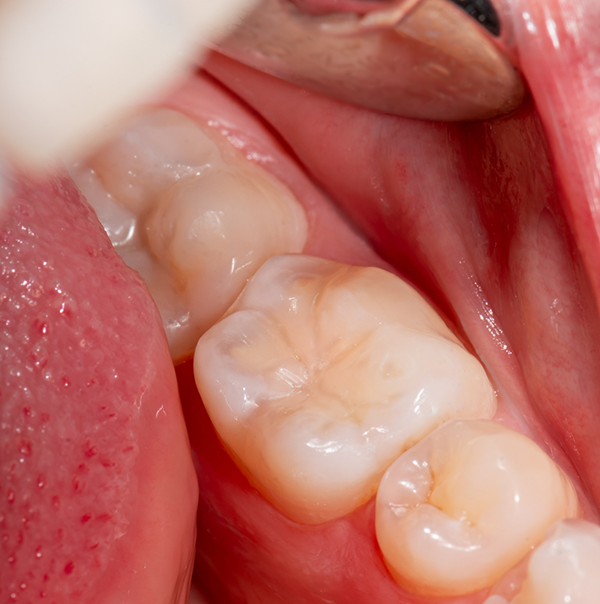
- For an hour following your visit, do not chew. Wait until the numbness subsides before eating. If you had amalgam fillings placed, do not chew for 24 hours.
- Do not bite your lips, cheeks, or scrape your gums. Children should be watched carefully to make sure they don’t do this. It will damage soft tissues and result in pain.
- Sensitivity to cold and heat, as well as any soreness, should go away in a few days.
Gum Surgery
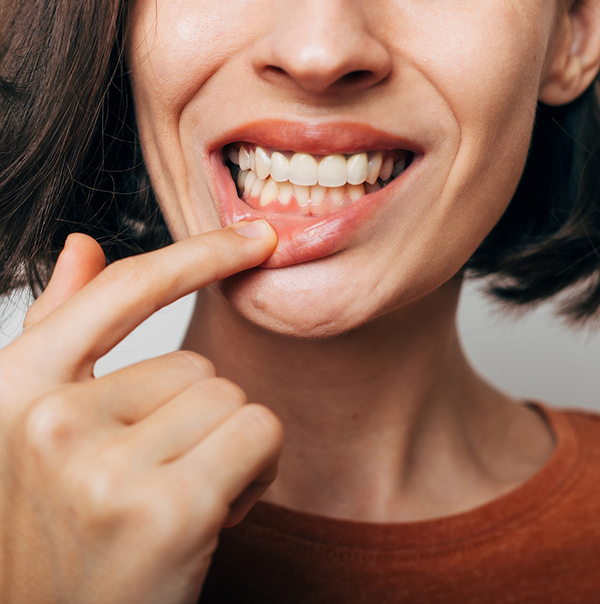
- Pain, swelling, and bleeding are normal following gum surgery. A cold compress should be placed on your face near the surgical site for 10 minutes at a time, with 5 minutes off, the day of your surgery. This will reduce pain, swelling, and bleeding.
- Take your prescribed medications as instructed.
- You should keep your appointment for follow-up with your dentist.
- Do not raise your lips and probe the area with your fingers.
- Do not brush your teeth near the sutures. However, you should brush and floss the rest of your teeth as you normally would.
- You may experience loss of sensation at the surgical site, and nearby teeth may feel loose for a while.
- Do not spit or use a straw on the day of your procedure. Avoid smoking for a few days.
Dental Implant Surgery
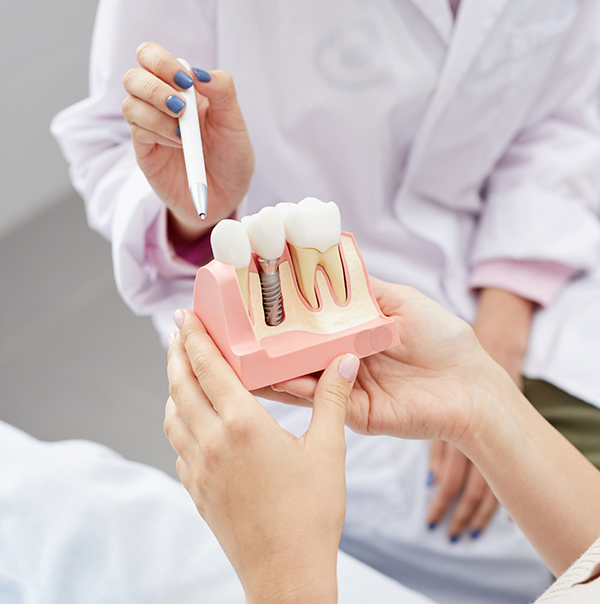
- Pain, swelling, and bleeding is normal following oral surgery. A cold compress should be placed on your face near the surgical site for 10 minutes at a time, with 5 minutes off, the day of your surgery. This will reduce pain, swelling, and bleeding.
- Take your prescribed medications as instructed.
- You should keep your appointment for follow-up with your dentist.
- Do not raise your lips and probe the area with your fingers.
- Do not brush your teeth near the sutures. However, you should brush and floss the rest of your teeth as you normally would.
- Do not spit or use a straw on the day of your procedure. Avoid smoking for a few days.
Root Canal Treatment
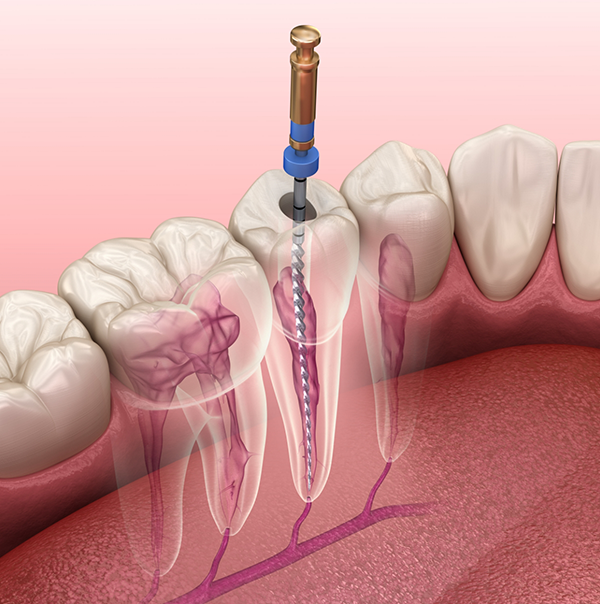
- Sensitivity should subside after a few days.
- Take your prescribed medication as directed.
- Because a temporary filling is on the tooth, do not bite hard for one hour after your appointment. Once the permanent filling is in place, chew carefully on the opposite side of your mouth.
- Do not bite your lips, cheeks, or scrape your gums. Children should be watched carefully to make sure they don’t do this. It will damage soft tissues and result in pain.
- Sensitivity to cold and heat, as well as any soreness, should go away in a few days.
- Brush and floss gently.
